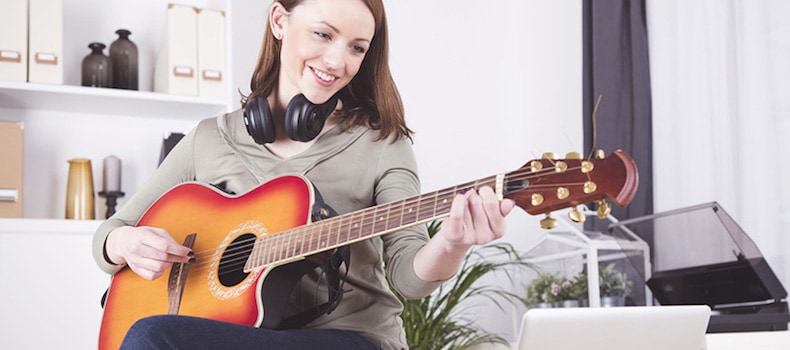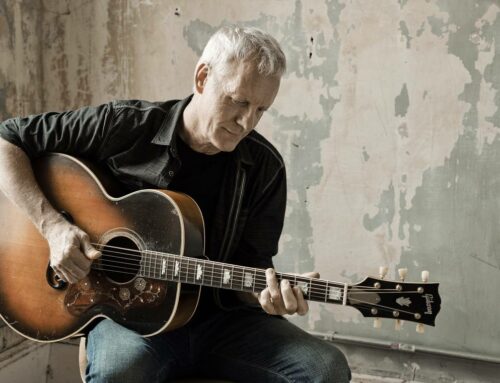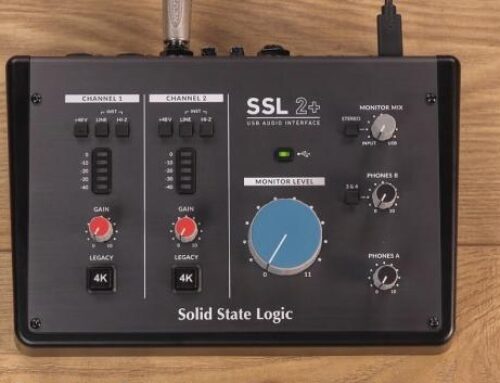Top 10 Tips for Practicing Music – How to Optimize Your Music Practice
by Jessica Brandon & Gavin Whitner
If you’re practicing an instrument as a hobby, or even as a profession, or even practicing your music for an important TV audition and you just can’t quite seem to get it right. You’re either rocking out in your free time or working on a project that you have in mind, nothing seems to sound right, or how you want it to at least.
It’s like writers’ block, but instead with music.
Well, it’s time to break free. Today, we’re going to explore 10 tips and techniques, so you can make the most of your music practices. Whether you incorporate them all or just pick a couple of your favorites, it’s time to take your music practice to the next level.
- Creating Your Space
Music is best practiced in a place where you can be with your thoughts. Whether you like creating a space where it’s quiet, and you won’t be disturbed or somewhere with a bit more of a lively energy, try and figure out what works best for you and stay consistent. The key is to stay focused on your craft.
- Kitting Out Your Space
If you’re dedicating a place for your music practice, make sure it’s kitted out with everything you could possibly want or need so you don’t have to run around completing mini-tasks when you could be focusing on your practice.
Think about water, snacks, pen & paper, spare wires, guitar headphones, overhead mics, alternative cymbals, pedals, replacement pickups; everything you could possibly need to fully focus on the creative aspect of your music.
- Have a Warm-Up Phase
Imagine trying to do heavy workouts when you haven’t warmed up your muscles. Let your mind wander, meditate, just play your instrument mindlessly or work on your breathing. Whatever works for you, try getting your mind and body ready before each practice for optimal results.
- Shoot for the Moon
Like all things in life, it’s good to have an end goal. Of course, I know what you’re thinking. Music is about being creative and letting your mind and soul take control, right from your very core. I know.
However, setting a goal like “I’m going to play something relaxed,” or “I’m going to work on my new song” is a good enough goal to give you purpose and direction, something that’s so important in making beautiful things happen.
Cause and effect, people!
- Practice Smart, Not Hard
Okay, tell a lie, hard work is important if you want to be the best, or at least happy with your own style of play. However, like leaving your homework to do until the night before, try and work a little bit every day, rather than jumping into an 8-hour session.
Of course, that kind of approach will work for some people but always remember; quality over quantity.
- Implement Visualizations
While music comes from the heart and the soul, it’s your brain that controls your hands and functions to make the music, so you need to make that mind-soul connection.
You can do this by visualizing yourself playing your instrument, even when you’re not playing. This can help you to stay focused, motivated and make even inspire you for a piece.
- Overcoming Issues
Think about the sort of issues you come face to face with, in your everyday life. When you’re playing or practicing a piece of music, and it’s not going right or sounding like you want it to sound like, what do you do?
Do you give up and stop practicing the song or do you keep trying until you get it right? Now apply this logic to the rest of your life.
- Don’t Force It
Although pushing yourself and maintaining disciplined is an important part of playing music and getting creative, it’s easy to fall into the trap of trying to force it and make it happen. If you’re in a night where you really don’t feel like playing, you don’t have to force yourself to.
Instead, perhaps try to do something related to music or something that could improve your practice, without practicing directly, like reading a book on your favorite band or finding new music to listen to.
- Slow and Steady Wins the Race
It’s easy to fall into the trap of trying to go straight into a song and trying to nail it the first time. A good piece of advice? Slow it down. You have time.
Whether you’re practicing an entire song or just parts of it, slow everything right now to a snail’s pace and then start to build it up as you get more and more confident with your abilities.
- Use Technology
When trying to inspire yourself to get into your practice, it can be easy to make excuses like ‘oh, my metronome needs a new battery’ and then putting it off to watch TV.
Instead, remember there are a ton of apps and tools on your phone or computer you can use to optimize your practice and keep you on task. Also, modern high-tech accessories like amp attenuators make the job of playing your favorite instrument to your liking a breeze.
Gavin Whitner is a composer, songwriter and the lead guitar player of an alt-rock band. He also blogs about music at MusicOomph. He loves watching sports in his free time, ranging from Tennis to F1. Information: https://musicoomph.com
For more information on the 15th Annual IAMA (International Acoustic Music Awards), go to: https://www.inacoustic.com




